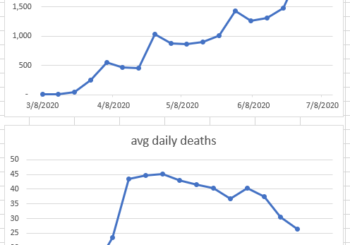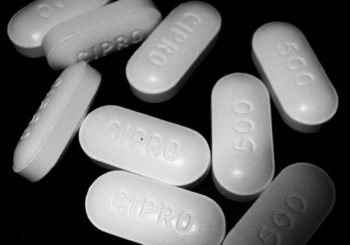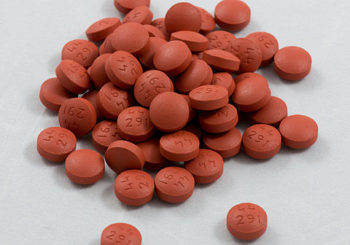
Friday, July 3, 2020
I haven’t written for about two months. One reason is that I’ve been busy taking care of my patients. Only three of my patients have contracted COVID, as far as I know. All have recovered. Many others may have had asymptomatic infections. But almost all of my patients have had important COVID-related questions and concerns. Another reason for the blogging pause is that for the last two months I haven’t known what to write, because I didn’t understand what was happenin...
More








